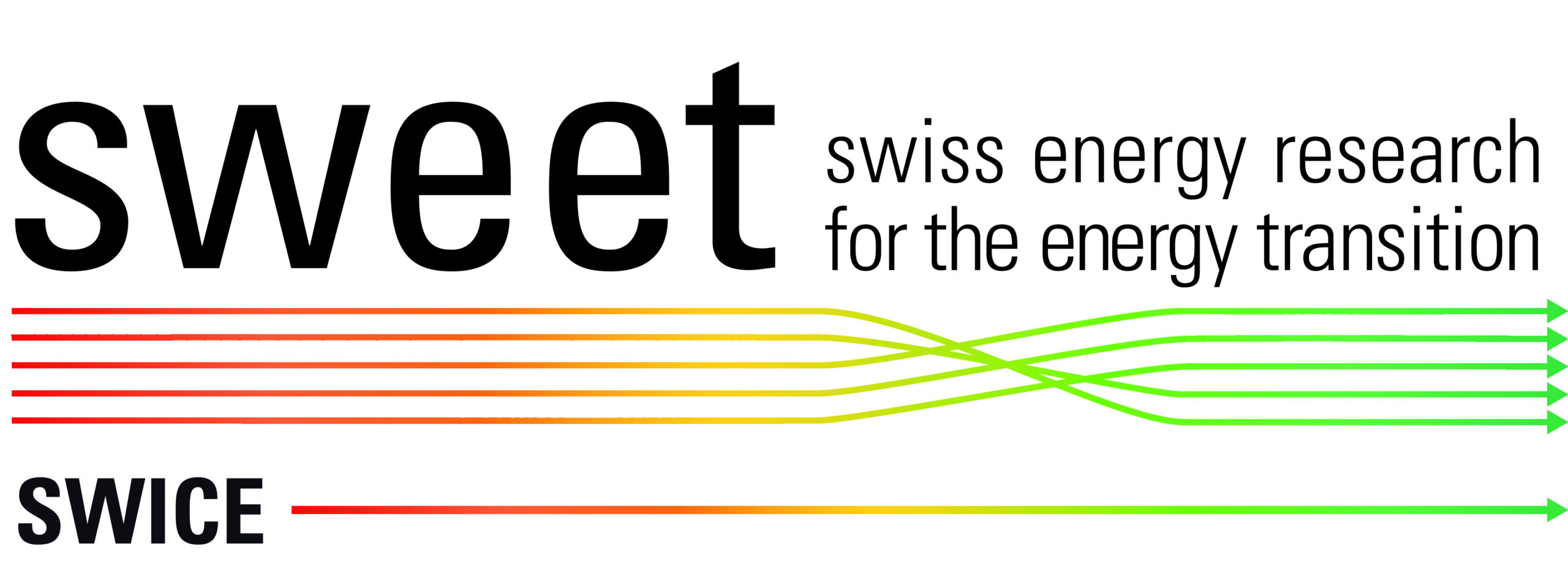How can scientific research contribute to the development of certification processes?
What role do New Work, mobility, and energy play in evolving certification labels?
These questions took center stage at a WP6 workshop, organized in collaboration with the label organisations MINERGIE and SGNI, and the sustainable construction network NNBS, label organizations and coordinated by Christian Schmid and Daniel Kliem (intep).
The goal of the workshop was to provide sustainable construction label organisations with SWICE research results, in order to integrate these into further development of lab criteria catalogues and the strategic positioning of such organisations.
Key Research Insights
- 42% lower CO₂ emissions: Remote work significantly reduces commuting-related carbon footprints.
- Optimizing space efficiency: Coworking spaces could save up to 8% of residential spaceby converting office areas into shared-use facilities.
- Mobility shift through remote work: A 10% increase in teleworkingleads to 60 kg less CO₂ emissions per person annually.
- Considering rebound effects: Less commuting can result in increased leisure travel—an aspect that must be addressed in label development.
- Flexible workspaces as a gamechanger: Up to 80% of fixed workstationscould be converted into flexible structures, optimizing space and energy efficiency.
The workshop highlighted strong synergies between research and practice, providing valuable impulses for the future of certification processes. We would like to thank Céline Ramseier, Stefanie Steiner, and Heinz J. Bernegger for the inspiring discussions, as well as to researchers Timo Ohnmacht, Noah Balthasar (HSLU), and practitioniers Stefan Schneider, and Daniel Hirzel (PLANAR AG) for their insightful contributions.

